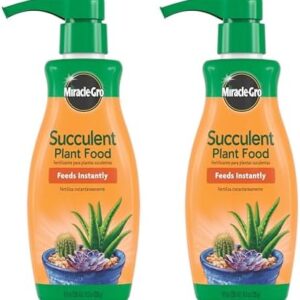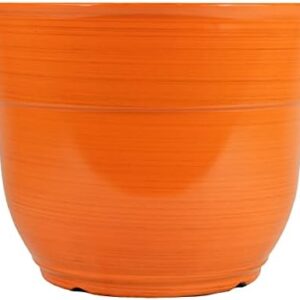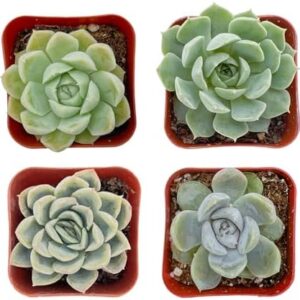Plants are a wonderful addition to any indoor space, bringing life and vitality into our homes and offices. However, they can be a bit finicky at times, requiring just the right amount of attention and care to thrive. That’s why having a consistent indoor plant care routine is crucial to their success.
First and foremost, consistency is key when it comes to caring for indoor plants. Just like humans, plants thrive on routine and regularity. By following a consistent care schedule, you can ensure that your plants are getting the proper nutrients, water, and sunlight they need to grow and flourish.
Watering is one of the most important aspects of indoor plant care, and it’s essential to establish a regular watering schedule. Different plants have different watering needs, so it’s important to do your research and understand the specific requirements of each plant in your collection. Some plants, like succulents, prefer to dry out between waterings, while others, like ferns, need consistently moist soil. By developing a consistent watering routine, you can avoid over-watering or under-watering your plants, both of which can be detrimental to their health.
In addition to watering, light is another crucial element in indoor plant care. Most plants require a certain amount of sunlight to photosynthesize and grow properly. Some plants, like cacti and succulents, thrive in bright, direct light, while others, like peace lilies and spider plants, prefer indirect light. By placing your plants in the right spot and ensuring they receive the proper amount of light each day, you can help them thrive and reach their full potential.
Fertilizing is another important aspect of indoor plant care that should not be overlooked. Plants need nutrients to grow, and while potting soil can provide some of these nutrients, it’s often not enough to sustain a plant long-term. By fertilizing your plants regularly, you can replenish the nutrients in the soil and promote healthy growth. Be sure to follow the instructions on the fertilizer packaging, as over-fertilizing can be harmful to your plants.
Pruning and grooming your plants is also an important part of indoor plant care. Regularly trimming dead or yellowing leaves, removing spent flowers, and shaping your plants can help them stay healthy and attractive. Pruning can also help prevent disease and promote new growth. By incorporating pruning into your plant care routine, you can keep your plants looking their best and encourage healthy growth.
Pest control is another important aspect of indoor plant care that should not be overlooked. Pests like aphids, spider mites, and mealybugs can wreak havoc on your plants if left unchecked. By inspecting your plants regularly for signs of pests, you can catch infestations early and take steps to eliminate them. There are many organic pest control options available, such as neem oil and insecticidal soap, that can help you keep your plants pest-free without using harmful chemicals.
Finally, consistency in plant care can also benefit you as the caregiver. Establishing a regular plant care routine can help you stay organized and on top of your responsibilities. By setting aside time each week to water, fertilize, prune, and inspect your plants, you can ensure that they are receiving the care they need to thrive. This consistency can also help you build a stronger connection with your plants and develop a deeper appreciation for the beauty and wonder of the natural world.
In conclusion, a consistent indoor plant care routine is essential to the success of your plants. By establishing a regular watering schedule, providing the right amount of light, fertilizing, pruning, controlling pests, and staying organized, you can help your plants thrive and reach their full potential. So, next time you’re admiring your houseplants, remember the importance of consistency in caring for them, and watch as they flourish and brighten up your indoor space.






